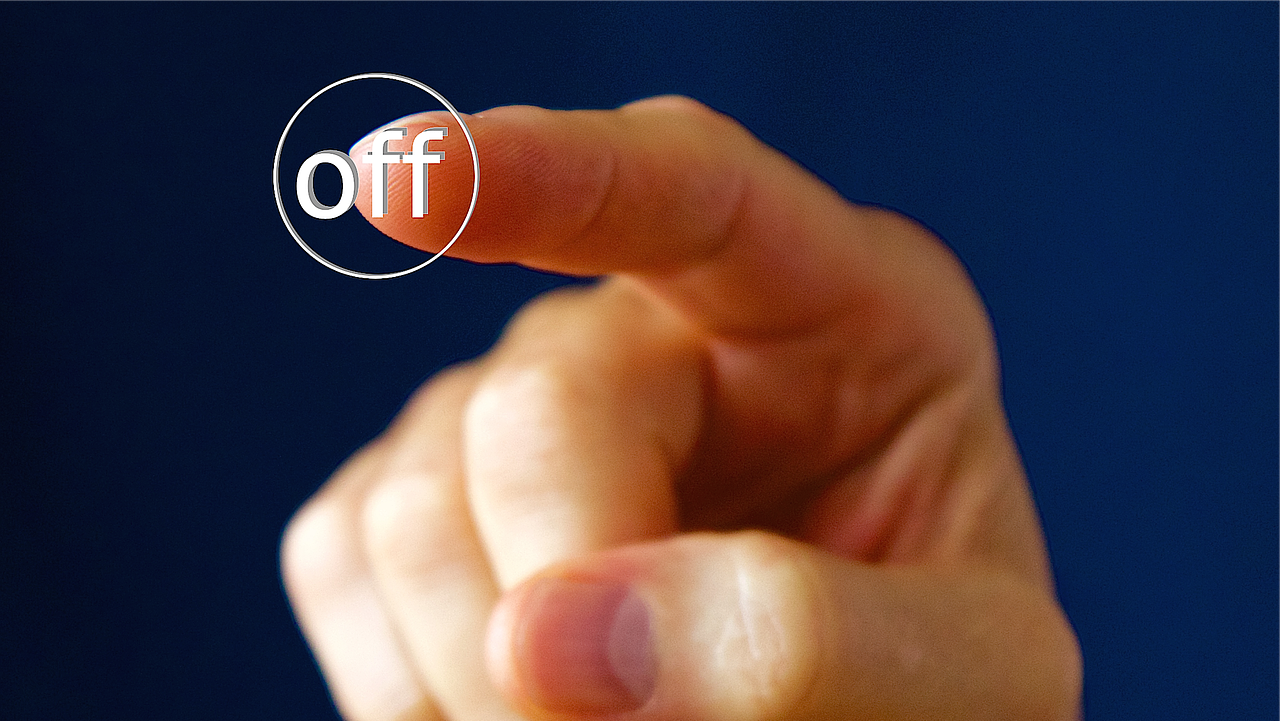Do we ever switch off or are we connected 24/7?
Do we ever switch off our phones? Are we constantly checking emails while we are on holiday? Do we pay more attention to our online social networks that our current surroundings? Should we take a rest from 24/7 connection?
These were just some of the questions that were raised and debated during a recent half-day seminar exploring the implications of technology on our work-life balance.
On March 9th 2016, I had the pleasure to co-organise an event on ‘Digital Work Life Balance’ with my colleague Professor Adele Ladkin at Bournemouth University. The event, funded by the EPSRC’s Balance Network, sought to understand how technology affects our ability to take a rest from work, and how we might better understand the implications of the 24/7 culture for both individuals and organisations.
Switching off & the purpose of travel: Why do we go on holiday?
Leisure travel, grounded in the motivation of escapism and a break from the mundane, has traditionally had the purpose of relaxing and refreshing our minds and bodies, however, are we still able to do this? Could it be that the switching of from technology has become the greatest luxury of the 21st Century?
Event Highlights
The seminar consisted of two activities.
First, seven expert speakers were invited to present on a range of different topics, as listed below:
- Prof Dimitrios Buhalis (Director eTourismLab, Bournemouth University): To connect or not to connect: Is this a question?
- Celina Goddard (Design and Strategy Consultant, WeAreExperience London): The future is a connected life: Wearable technologies and ubiquitous connectivity.
- Dr Juliet Jain (Senior Research Fellow, University of the West of England): Connected or disconnected? Technology, travel and wellbeing.
- Dr Raian Ali (Head of Research in Computing and Informatics) and Prof Keith Phalp (Professor of Software Engineering, Bournemouth University): Technology addiction: Should digital media react against digital addiction, and how?
- Svenja Schlachter (PhD Researcher Occupational Psychology, University of Surrey): Switching off our electronic devices during non-work time: Saving their batteries and recharging our own.
- Karen Butters (Head of Health, Safety and Wellbeing, Bournemouth University): The role of the employer in helping to manage work-life balance within a culture of increasing mobile technologies.
- Graham Wason (Co-founder All being well): Technology, travel, wellbeing – and the meaning of happiness?
After the break, the remaining part of the afternoon was taken up by a panel discussion, comprised of the following speakers:
Claire Steiner (Freelance HR Professional): Technology is a double-sided coin: The challenge of achieving a healthy work-life balance. - Alice Rook (Liz Lean PR Account Executive and Twitter fanatic): The importance of switching off from social media, . Dr Sue Thomas (Author of Technobiophilia and Visiting Fellow, Bournemouth University): Ideas, apps, books and devices for nature and wellbeing in the digital age, Prof Dimitrios Buhalis and Karen Butters
This generated some lively debates, with audience questions being directed to the panel. At the end of the session, each panellist gave concluding remarks about what they felt was important in relation to the topic. A consensus formed around the idea that “going off the grid’ was about choice, and included in this managing expectations about acceptable limits to technology use.
Media & Press coverage
Event recording with slides: Event Recording
Going off the grid – BBC South Today
https://www.facebook.com/BBCSouthToday/videos/997198857037371/
Can we really switch off when we’re permanently connected asks a conference at BU. Dr Barbara Neuhofer and Professor Dimitrios Buhalis are interviewed.
Can we really switch off? – BBC Radio Solent (begins at 1:22:20)
Dr Barbara Neuhofer talks about the benefits and dangers of always being connected with technology.
